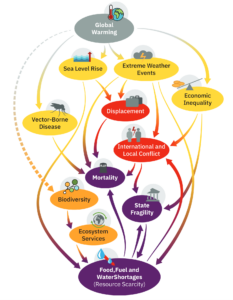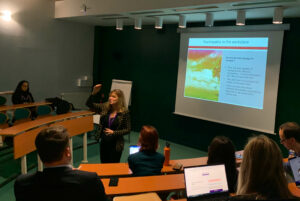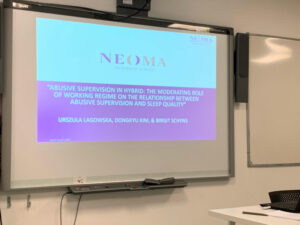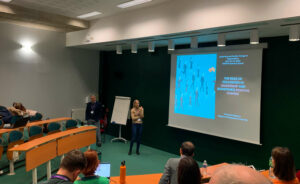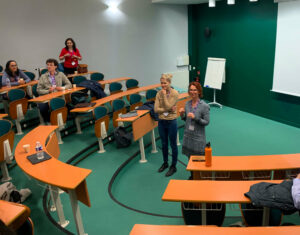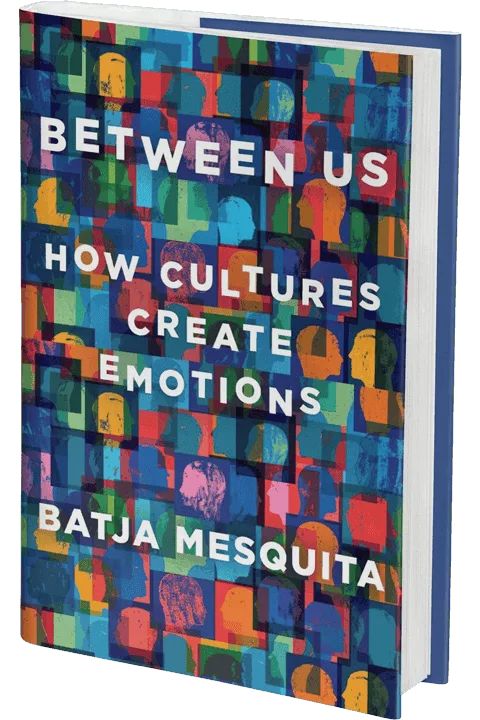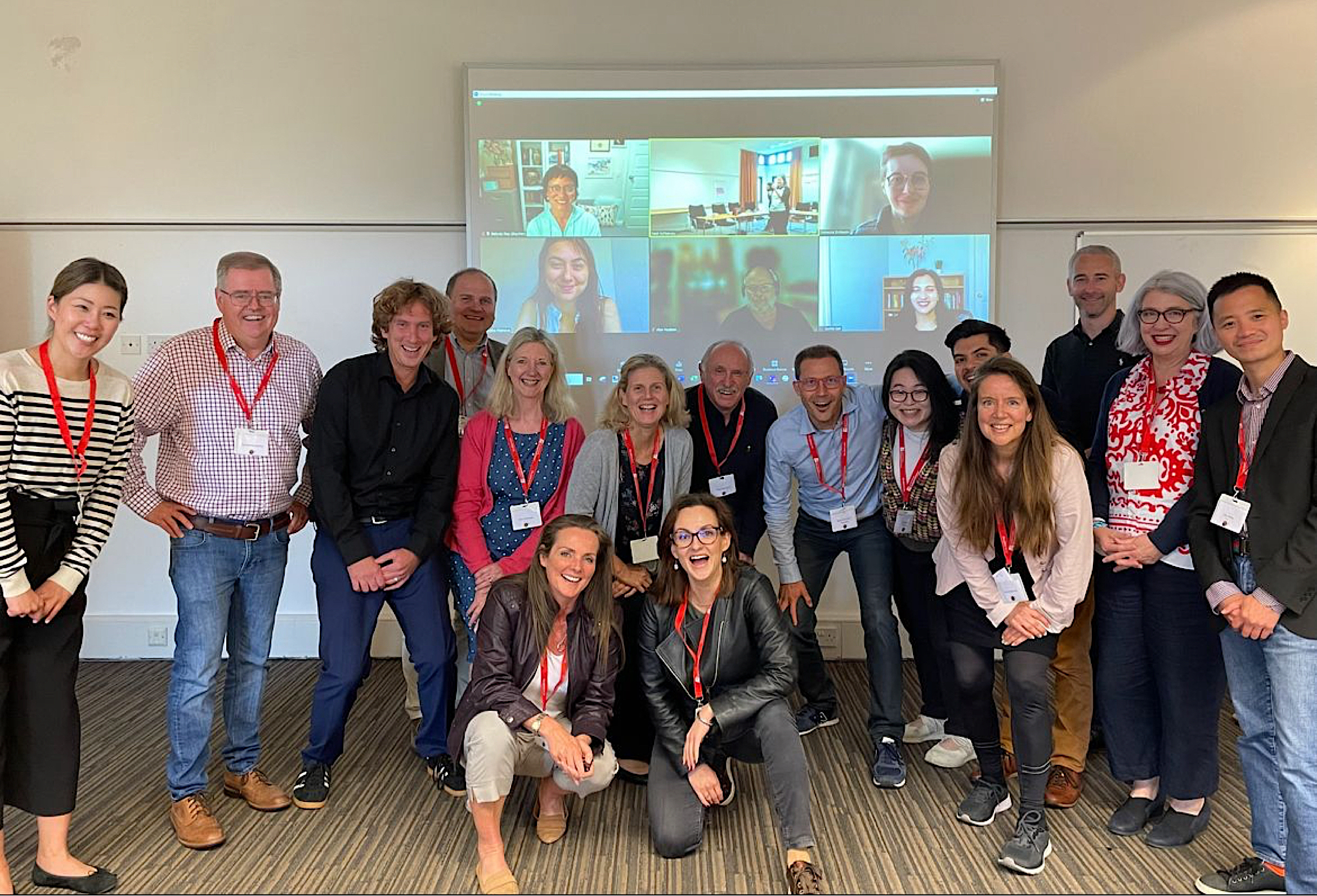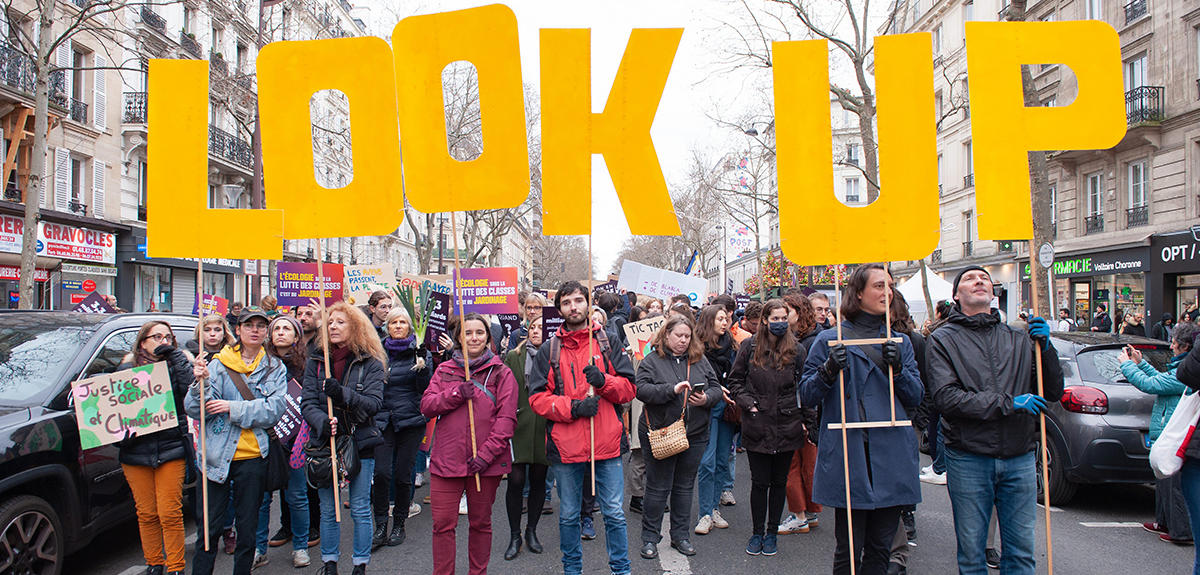*️⃣ Le “sandwich de vérité” (Truth Sandwich) a été introduit par le linguiste George Lakoff (2018) pour faire face au problème de la désinformation politique et du cadrage dans le discours public.
Il s’agit d’une stratégie de communication conçue pour contrer les informations fausses ou trompeuses tout en évitant de renforcer ces mêmes faussetés.
L’idée derrière le sandwich de vérité est de présenter la vérité comme le premier et le dernier message, avec la revendication fausse ou trompeuse au milieu.
✳️ Voici un exemple du “sandwich de vérité” appliqué au sujet des limites planétaires et de l’article scientifique de Richardson et al. (2023) “La Terre au-delà de six des neuf frontières planétaires” :
1. Commencez par les faits validés scientifiquement :
Comme présenté dans l’article de Richardson et al. (2023), six des neuf limites planétaires établies sont actuellement transgressées. Ces limites comprennent des éléments critiques tels que le changement climatique, la perte de biodiversité et la perturbation des cycles biogéochimiques. Ces découvertes indiquent que la Terre se trouve actuellement en dehors d’un espace opérationnel sûr pour l’humanité.
2. Insérez le mensonge :
Certaines personnes persistent à nier ou minimiser l’importance de ces limites planétaires. Elles avancent parfois des arguments qui remettent en question la validité des données scientifiques ou minimisent les impacts potentiels de ces transgressions. Cependant, ces arguments ne sont pas alignés sur le consensus scientifique mondial.
3. Terminez par les faits :
Il est impératif de reconnaître la réalité des limites planétaires transgressées. Les données scientifiques indiquent clairement que les activités humaines ont un impact significatif sur l’environnement, mettant en danger la stabilité des systèmes terrestres. Pour maintenir un environnement sûr et viable pour nous-mêmes et les générations futures, il est essentiel de prendre des mesures collectives sociales, et politiques, significatives pour atténuer ces transgressions, réduire notre empreinte écologique et repenser notre relation avec la planète et ses écosystèmes.
Ce “sandwich de vérité” commence par mettre en évidence les conclusions de l’article scientifique, qui montrent que les limites planétaires sont dépassées, puis mentionne brièvement la dénégation qui existe, pour finir en rappelant l’urgence d’agir pour préserver la biosphère et la planète. Cela permet de mettre en avant les faits scientifiques tout en reconnaissant les défis qui se posent.
✳️ “Nous avons deux choix. Nous pouvons être pessimistes, abandonner et aider à faire en sorte que le pire se produise. Ou nous pouvons être optimistes, saisir les opportunités qui existent sûrement et peut-être aider à rendre le monde meilleur.”
“We have two choices. We can be pessimistic, give up, and help ensure that the worst will happen. Or we can be optimistic, grasp the opportunities that surely exist, and maybe help make the world a better place. Not much of a choice.”
(Chomsky, N., & Polychroniou, p. 308)
Chomsky, N., & Polychroniou, C. J. (2017). Optimism Over Despair: On Capitalism, Empire and Social Change (1er édition). Penguin Books Ltd.
–> see Richardson, K., Steffen, W., Lucht, W., Bendtsen, J., Cornell, S. E., Donges, J. F., Drüke, M., Fetzer, I., Bala, G., von Bloh, W., Feulner, G., Fiedler, S., Gerten, D., Gleeson, T., Hofmann, M., Huiskamp, W., Kummu, M., Mohan, C., Nogués-Bravo, D., … Rockström, J. (2023). Earth beyond six of nine planetary boundaries. Science Advances, 9(37), eadh2458. https://doi.org/10.1126/sciadv.adh2458
–> Un autre article de la revue Nature sur le sujet des “frontières” planétaires plus justes et plus sûres :

–> Vous trouverez des informations sur le sujet ici par exemple Bon Pote et Thomas Wagner
La 6ème limite planétaire est (officiellement) dépassée (September 14, 2023)
https://bonpote.com/la-6eme-limite-planetaire-est-officiellement-depassee/
–> Sur la technique de communication Truth Sandwich par George Lakoff (2018) – Twitter :
https://twitter.com/georgelakoff/status/1068891959882846208?lang=en
Truth Sandwich:
1. Start with the truth. The first frame gets the advantage.
2. Indicate the lie. Avoid amplifying the specific language if possible.
3. Return to the truth. Always repeat truths more than lies.
Hear more in Ep 14 of FrameLab w/@gilduran76
4:37 PM · Dec 1, 2018
–> En fait Lakoff, justifie cette approche comme un “ancrage”, basé sur la manière dont notre cerveau traite les informations et dans “l’effet retour de flamme” (primacy and recency biases).
Face à une fausse affirmation, les personnes peuvent se souvenir davantage de ce mensonge initial que de sa correction.
La technique tente de contrecarrer cet effet en plaçant les faits avérés au début et à la fin du message, pour les rendre plus présents dans l’esprit des gens.
Son efficacité peut varier en fonction du contexte, du public et du mensonge spécifique visé 😉
–> C’est une technique de communication pour renforcer un message.
De toute manière, les climato-dénialistes (voir David Chavalarias ne vont pas être convaincus par des arguments rationnels la plupart du temps… ce sont plus des dispositions affectives ou des enjeux de pouvoir (symbolique ou effectif)…
–> J’avais déjà évoqué ce sujet :
Voir article de Valérie Masson-Delmotte (Journal du CNRS, 12/04/22) :
“Une récente étude allemande montre d’ailleurs que l’on retrouve souvent des caractéristiques communes chez les climatosceptiques comme une idéologie d’extrême-droite, un genre masculin, et une difficulté à gérer des émotions désagréables liées à un sentiment de responsabilité personnelle ou de culpabilité, ou à la perte de certains privilèges.”
–> Je tente d’apporter quelques exemples de résultats scientifiques sur des “portraits” de ces climato-denialistes.
Je ne souhaite pas stigmatiser mais informer sur des certaines réalités. Les effets de groupe (groupthinking) et les désinformations sincères existent.
Cependant, la pression lobbyiste existe et a malheureusement plus d’influence…
Voir ces deux articles par exemple :
Valérie Masson-Delmotte : https://lejournal.cnrs.fr/articles/il-y-a-encore-aujourdhui-un-deni-de-la-gravite-des-enjeux-climatiques
Climatosceptiques : sur Twitter, enquête sur les mercenaires de l’intox, David Chavalarias :
https://lejournal.cnrs.fr/articles/climatosceptiques-sur-twitter-enquete-sur-les-mercenaires-de-lintox
–> Wullenkord, M. C. (2022). From denial of facts to rationalization and avoidance: Ideology, needs, and gender predict the spectrum of climate denial. Personality and Individual Differences, 193, 111616.
–> Jylhä, K. M., Cantal, C., Akrami, N., & Milfont, T. L. (2016). Denial of anthropogenic climate change: Social dominance orientation helps explain the conservative male effect in Brazil and Sweden. Personality and Individual Differences, 98, 184–187.
–> Lamb, W. F., Mattioli, G., Levi, S., Roberts, J. T., Capstick, S., Creutzig, F., Minx, J. C., Müller-Hansen, F., Culhane, T., & Steinberger, J. K. (2020). Discourses of climate delay. Global Sustainability, 3, E17.



